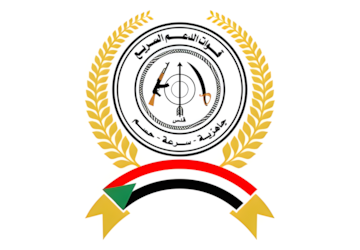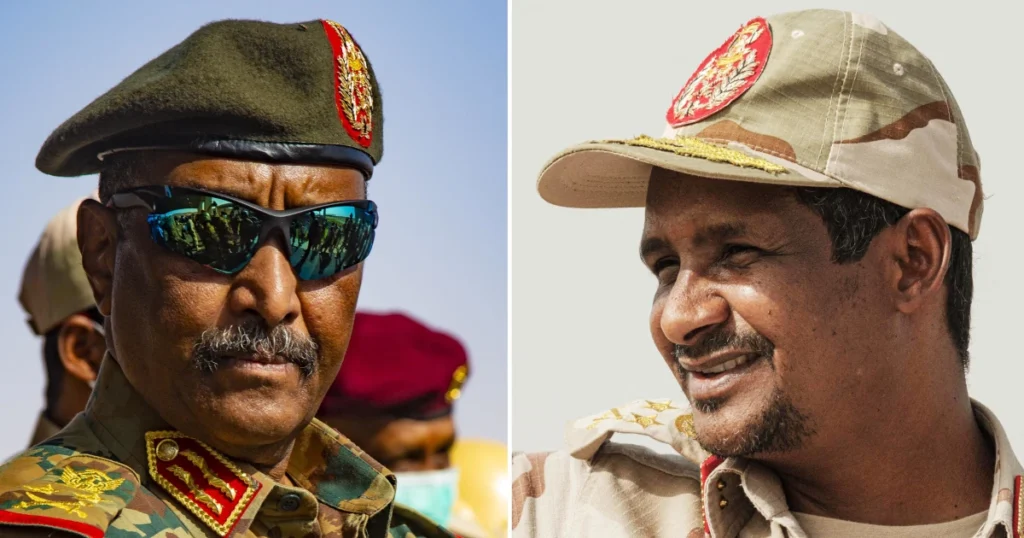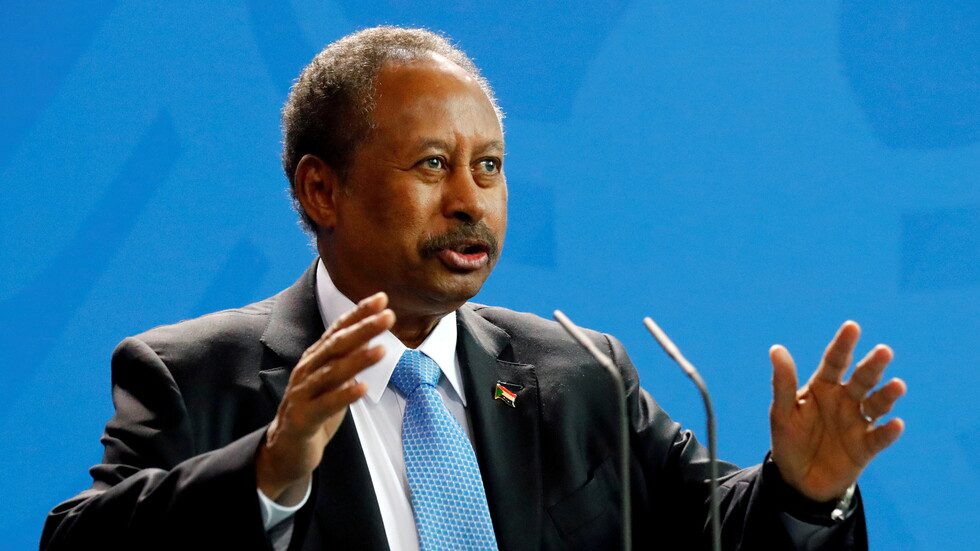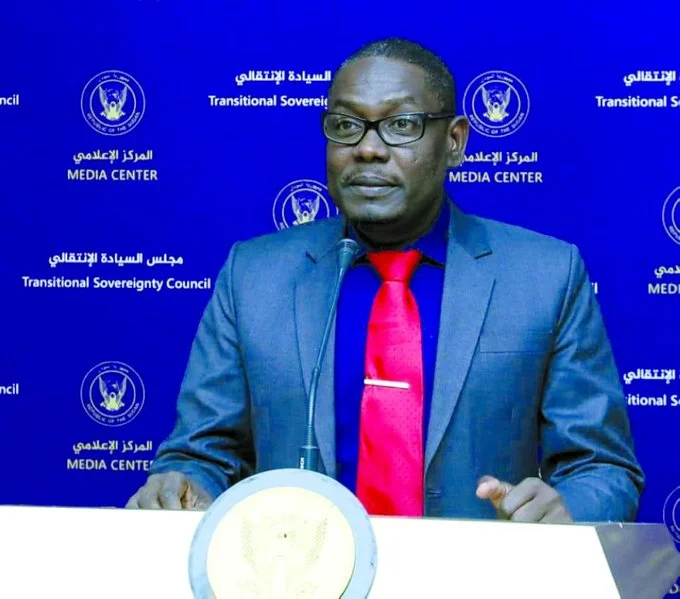
The prime minister of the Sudan Founding Alliance government (TASIS), Mohamed Hassan Osman al-Ta’aishi, on Monday appointed three ministers—his first major step toward forming a cabinet.
In Decision No. 2 of 2025, al-Ta’aishi named Amar Amoun Deldoum as minister of foreign affairs and international cooperation, Suleiman Sandal Haggar as minister of interior, and Alaaeldin Awad Mohamed as minister of health, the Council of Ministers said in a statement.
It is al-Ta’aishi’s second decree since taking office. Earlier this month, a day after his swearing-in, he appointed Goni Mustafa Abu Bakr Sharif as Sudan’s permanent representative to the United Nations.
TASIS brings together the Rapid Support Forces (RSF), the Sudan People’s Liberation Movement-North, the Sudan Liberation Movement-Transitional Council, the Sudan Liberation Forces Alliance, and allied political and civic actors under a transitional constitutional framework agreed after signing a political charter.
Who’s who — the TASIS cabinet picks
Amar Amoun Deldoum, foreign affairs
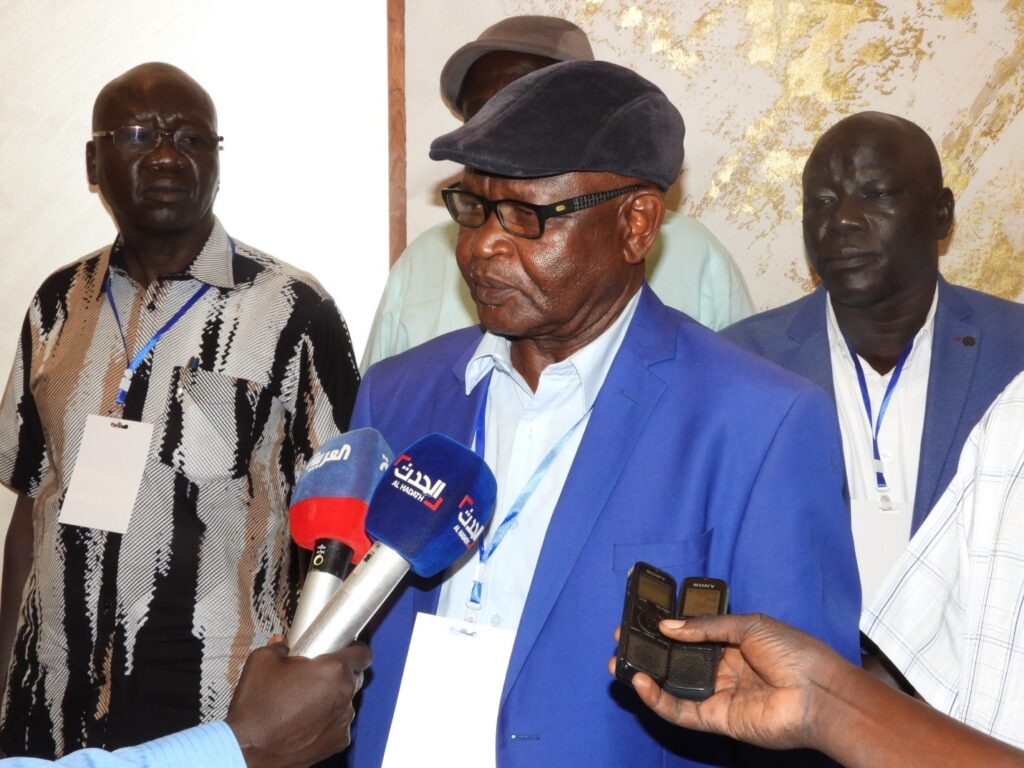
Secretary-General of SPLM-N/al-Hilu and a veteran face at the Juba track. In June 2024 he warned Sudan was “hurtling toward collapse” absent a political reset, tying any durable peace to a secular state project—positions he has repeated in long interviews with Radio Dabanga.
In Juba, he previously led SPLM-N’s delegation in 2019 documents defining the talks agenda with Khartoum, and in 2024 fronted arrangements to open humanitarian corridors into South Kordofan. Through 2024–25, he engaged civilian platforms: SPLM-N agreed to meet “Taqaddum,” then co-signed the Nairobi Declaration with it on shared principles (civil state, security-sector reform), reflecting a bridging role between armed and civic blocs.
He has also voiced support for aid access via airdrops when overland routes are blocked, underscoring a pragmatic humanitarian streak useful in foreign relations.
Suleiman Sandal Haggar, interior:
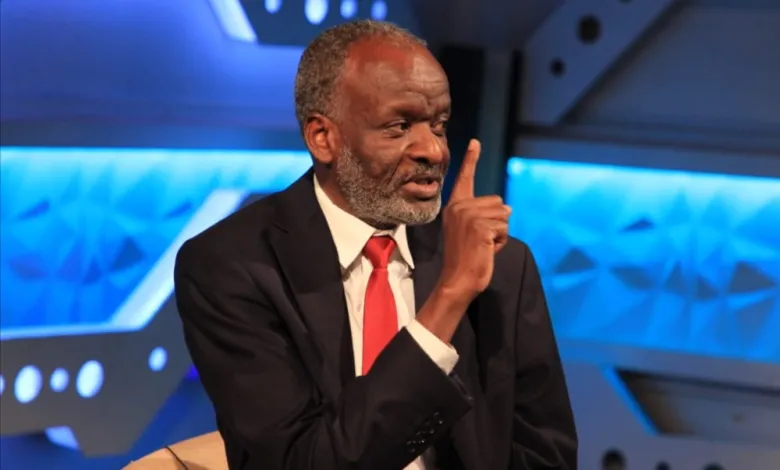
A long-time JEM leader, elected chair at the movement’s extraordinary conference in Addis Ababa on Aug. 30, 2023, amid an open split with the Gibriel Ibrahim wing; he pitched a neutral line in the SAF–RSF war and emphasized civilian protection.
Since late 2024 he has argued for a “revolutionary government” operating inside Sudan—not in exile—framed as restoring December Revolution legitimacy, a signal toward an internal-order, hard-security portfolio. Publicly, Sandal has criticized the Port Sudan junta and cast TASIS as a vehicle for democratic transition on his verified channels.
Biographical Arabic profiles note Darfuri origins (al-Tina), law studies in Khartoum, a stint as a police officer, and decades in JEM’s political/organizational ranks—background that dovetails with policing, public security and tribal mediation challenges an interior minister would face.
Alaaeldin Awad Mohamed (also rendered Naqd/Nogoud), health:
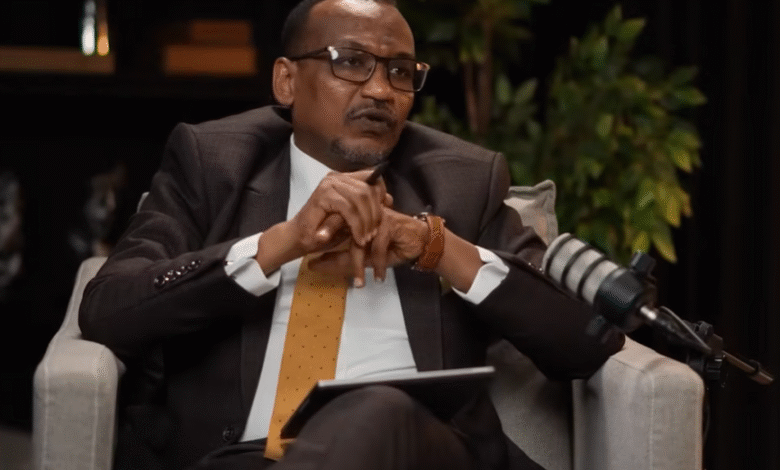
A leading hepatobiliary and transplant surgeon, widely credited in Arabic press with the first liver-transplant program at Ibn Sina Hospital in 2022, with a public pledge then to make procedures free for Sudanese patients.
He has appeared frequently as a medical spokesperson/organizer—featured as a member of the Central Committee of Sudanese Doctors—and has used Arabic media to flag war-time system collapse and the need for safe corridors.
In May 2023, SAF intelligence detained him in Omdurman, drawing swift condemnations from FFC and wide coverage in Arabic outlets; he was later released. That profile—front-line clinical credibility, union/advocacy links, and Arabic-media fluency—positions him to tap diaspora clinicians and NGOs for surveillance, outbreak response and critical-care gaps during war.

